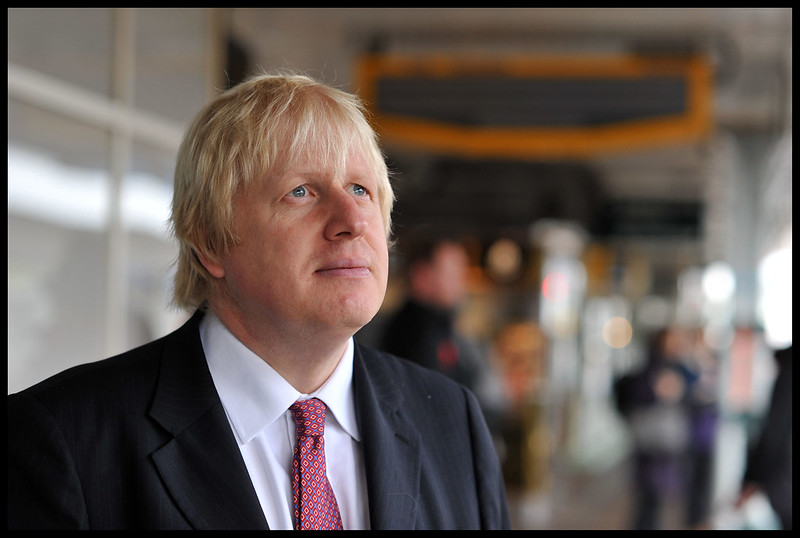It's gonna be harder to buy champagne and bratwurst.
For over four years Britain has been trying to figure out what its relationship with the EU should look like once it leaves the club. The final trade deal was signed on Christmas Eve, less than a week before the UK officially Brexited. So what does it say, and what will it mean for our everyday lives?
The biggest point is that the UK has now left the EU’s single market. The single market ensured goods, services and people from every EU country would be treated equally. Leaving it means British businesses, workers and tourists will not be treated as favourably, so trade and travel is likely to take longer and come with new costs. On the flip side, the UK will no longer have to follow EU rules or allow EU citizens the unlimited right to travel and work in the UK. That’s good news for Brits who value sovereignty or reduced immigration.
However, all these effects will be much less pronounced than if there was no trade deal at all. That's because the deal is designed to reduce barriers to UK-EU trade as long as both parties stay roughly in the same ballpark in terms of things like worker wages, product quality and environmental standards.
At the moment, both sides have some of the strictest regulation in the world when it comes to these aspects. The point is to protect workers from exploitation, consumers from dangerous items, and the environment from degradation. But from a business standpoint, lots of regulation is a disadvantage because complying with it generally costs time and money.
So the worry is that the UK (or indeed the EU) could drop lots of this onerous regulation to give their businesses a competitive advantage in European markets. The trade deal aims to prevent that by allowing the other side to call foul and impose retaliatory tariffs (taxes) on the other's goods. That will make them more expensive and therefore eliminate the advantage.
This makes it unlikely that the UK will deviate super far from its current, EU-compliant regulations. But because UK and EU rules will no longer be exactly the same, anything crossing their borders will now have to be checked to see if they are up to par. That will take time and jam up supply chains. Brits should therefore expect it to take longer to get their hands on EU goods. Items are also more likely to be out of stock and prices will almost certainly go up. These issues may be in place for years while businesses figure out the new status quo. And because the UK imports so much stuff from the EU, this change will be noticeable to many people. Food will be particularly affected - four-fifths of the UK’s grub comes from the continent.
Something similar will occur when it comes to Brits travelling to the EU. It will still very much be possible, but in many cases it will take longer, be more inconvenient, and have more restrictions attached to it. Brits are now only automatically entitled to stay in the EU for 90 days (there were no limits before) and it will be much harder to live and work in an EU country. For example, many professionals, from doctors to engineers, will no longer have their UK qualifications automatically recognised when they work abroad.
Read our explainer on: trade deals.

